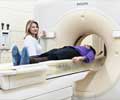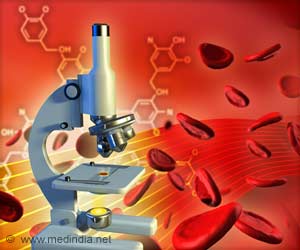New findings released by University of Florida doctors claim that some head and neck cancer patients can safely avoid surgery after radiation therapy if they undergo a CT scan
New findings released by University of Florida doctors claim that some head and neck cancer patients can safely avoid surgery after radiation therapy if they undergo a CT scan. This scan can predict whether the cancer is under control or not, the researchers claim.
These findings were presented at the annual meeting of the American Society for Therapeutic Radiology and Oncology. Stanley L. Liauw, M.D., a resident in radiation oncology at the UF Shands Cancer Center says that they have managed to identify four specific criteria to evaluate the progression of cancer post-radiation therapy. If these criteria were successfully met, there is a 94 percent guarantee that the lymph nodes are free of cancer. Hence, a CT scan was a more accurate method of assessing the response to the treatment. UF radiologist Anthony Mancuso, M.D and radiation oncologists Robert Amdur, M.D., Christopher Morris, M.S., and William Mendenhall, M.D continued to review a previous study where it was found that out of 95 patients who underwent surgery after radiation, the lymph nodes two-thirds were free of cancer. Using this data on the CT scan as well as physical examination of the dissected nodes, UF researchers arrived at certain criteria to predict if post-radiation surgery was required.Cancer-free nodes were 1.5 centimeters or smaller and had clearly defined borders on the CT scan as opposed to the cancerous nodes which were fuzzy. Based on these criteria 549 patients who were treated with radiotherapy at UF for advanced head and neck cancer underwent CT scans to either rule out surgery or advise it. Only about 341 patients needed surgery and 33 were spared the ordeal. It was found that only one out of the 33 needed surgery later. "It is important to focus more and more on reducing complications and improving quality of life as our treatments are getting better," concluded Liauw.











